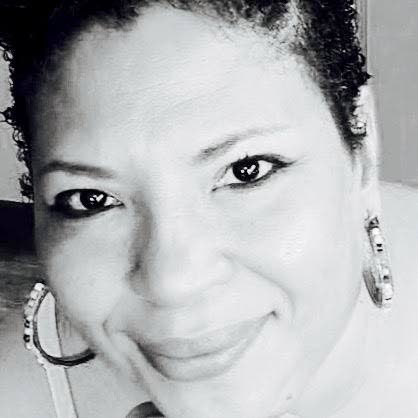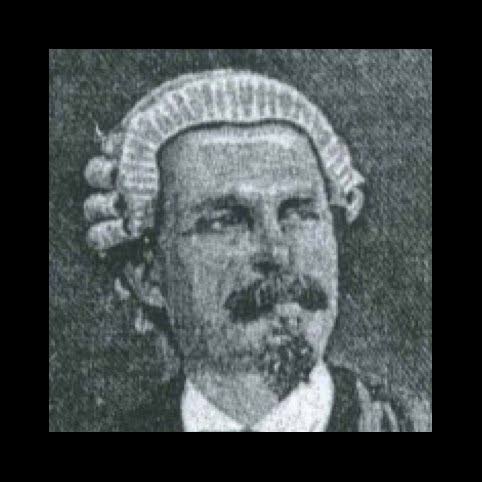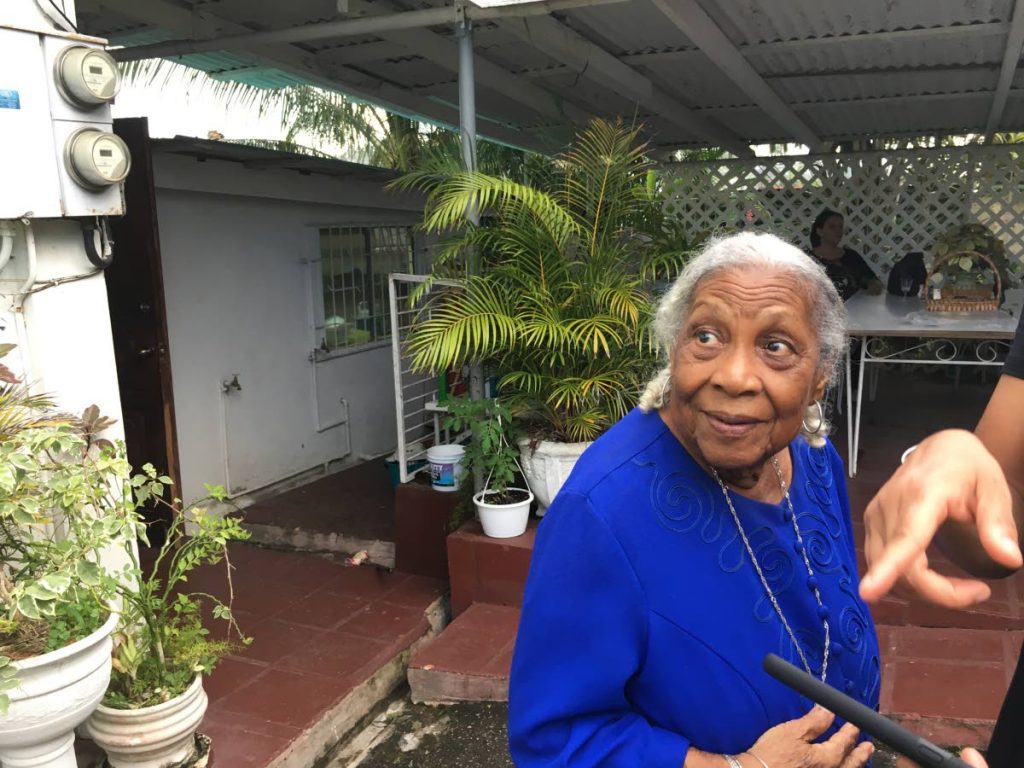Remembering history

For award-winning author Joanne Haynes, tracing her family history led to the unearthing of an important part of TT’s bigger history.
Haynes’ work has given greater context to the life of Michel Maxwell Philip II, “the first non-white mayor of Port of Spain,” in the 1850s. Before Maxwell Philip became mayor, the post was only held by white men. Maxwell Philip's becoming mayor is important as it signalled the arrival "of the black man into politics," she said.
Haynes who is from Palmiste, San Fernando is a Commonwealth Short Story finalist, winner of the Derek Walcott Prize for Children’s Literature and the recipient of a lifetime award for literature from the National Library and Information System (NALIS). She is also the author of Walking (a novel), Sapotee Soil (short stories) and Sleep Tobago (poetry), among others.
Haynes’work and research into Maxwell Philip has led to his name being included in the UK’s Black History Month.
On November 29, 1999, Michel Maxwell Philip II Day was designated by the Port of Spain City Corporation and it was then that Haynes and her family discovered they were related to him. Prof Selwyn Cudjoe advocated for the Michel Maxwell Philip II Day, and contributed to and edited a book about his life, Michel Maxwell Philip: A Trinidad Patriot of the 19th Century. Cudjoe got in touch with as many relatives of Maxwell Philip as he could and invited them to the launch. Haynes and her family were among them.

She is a direct descendent of Maxwell Philip. Her mother, Zita Allong, is the oldest living Philip at 97, she said in a phone interview. Allong is Maxwell Philip's great-great-niece and Haynes is his great-great-great-niece.
Maxwell Philip was born on October 12, 1829 at South Naparima, Trinidad, and died on June 30, 1888. He was also solicitor-general of Trinidad from 1871 until his death in 1888 and “apparently quite a fine legal mind," she said. He was also the author of the first Trinidadian novel, Emmanuel Appodocca, published in 1854.
But it was only when Haynes and her niece Renee Cushmeer decided to trace their family tree once again that they discovered the importance of Maxwell Philip. Cushmeer, who lives in Atlanta, Georgia, US, is a teacher.
Their research began four years ago. Haynes and her niece had forgotten that some information about Maxwell Philip was revealed when the family was invited to Cudjoe’s book launch in 1999. Her attempt to find more personal information about Maxwell Philip's
life led her to Middle Temple.
Middle Temple is “one of the four Inns of Court which have the exclusive right to call students to the bar,” its website says: that is, it trains barristers.
“And when I was looking for information on Michel Maxwell Philip, I found I could not find a lot of personal information in TT. So I decided to start with what I knew for sure which is that he had attended Middle Temple. And I reached out to the Middle Temple archives to get information on him and they were able to share quite a wealth of information, including the fact that he attended Middle Temple from 1851-54,” she said.

Middle Temple then asked Haynes if her research could be shared for the UK's 2019 Black History Month, promising to include "lesser-known histories of Middle Temple’s notable alumni, one of whom is Michel Maxwell Philip II" in its contribution to the UK's Black History Month in October.
For her, sharing this kind of information with TT and the world is her way of ensuring there is an ongoing effort to remember history.
Haynes contacted the corporation via e-mails and calls but has not received a response. She thought there would have been
continuing events to commemorate the day
.
In their research, Cushmeer focused more on the family’s Grenadian line and Haynes on TT and other countries.
Their research also showed that Michel Maxwell was not the only Philip to have contributed to the history. Another was Judith Philip, a free Afro-Grenadian businesswoman, who was born in 1760 and died in 1848, by which time she owned one of the largest estates in Grenada.
“It occurred to us that we were not just finding ancestors, but we were finding history,” said Haynes.

Comments
"Remembering history"